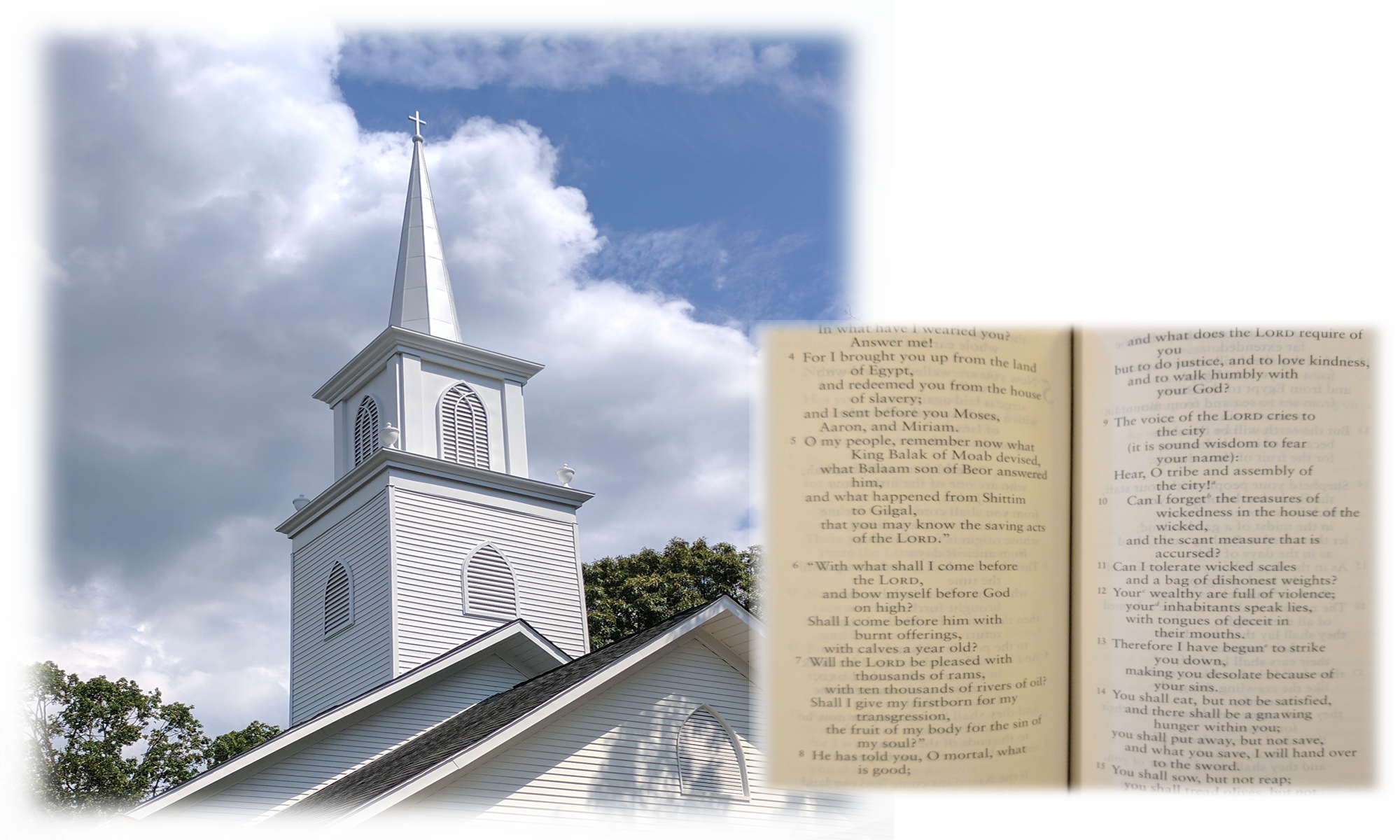You have come to a website designed by Micheal Palmer to support classes about the bible in progressive Christian churches.
How can texts written two millennia ago speak to life in today’s world? This is a difficult question to answer with integrity, but classes using this site attempt to do so every Sunday.
We discuss beautiful texts as well as disturbing ones. What should we do with a text such as Deuteronomy 21:18-21, for example.
If someone has a stubborn and rebellious son who will not obey his father and mother, who does not heed them when they discipline him, then his father and his mother shall take hold of him and bring him out to the elders of his town at the gate of that place. They shall say to the elders of his town, ‘This son of ours is stubborn and rebellious. He will not obey us. He is a glutton and a drunkard.’ Then all the men of the town shall stone him to death. So you shall purge the evil from your midst; and all Israel will hear, and be afraid.
Was there ever a time in history when what this text demands could have been ethical? What would happen to society if we treated this text as normative today?
This difficulty exists not only for Hebrew Bible/Old Testament texts like Deuteronomy 21:18-21. What about New Testament texts such as Paul’s prohibition against women speaking at church?
Women should be silent in the churches. For they are not permitted to speak, but should be subordinate, as the law also says. If there is anything they desire to know, let them ask their husbands at home. For it is shameful for a woman to speak in church (1 Corinthians 14:34-35).
Few if any churches follow this text literally, and Paul didn’t either! Some of the most reactionary churches may stop women from speaking in the pulpit, but the text does not mention the pulpit. It is a blanket prohibition against women speaking at all! Could a church survive if it followed this literally? What does it mean about the Bible’s function in the church that even the most conservative churches find ways to ignore this text or severely limit its application?
We discuss such questions calmly, not polemically,  showing respect for one another’s views and life experiences.
showing respect for one another’s views and life experiences.
Our objective is to explore the relevance—or lack of relevance—of biblical texts for today’s church, and ask what our assumptions about the Bible mean for the future of the church.
We invite you to join the discussion.
